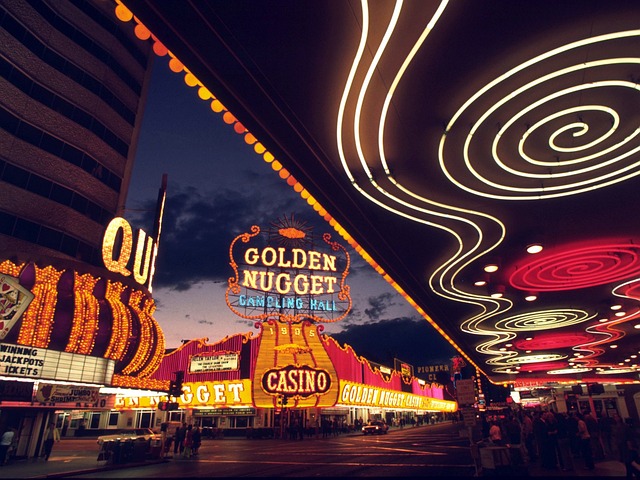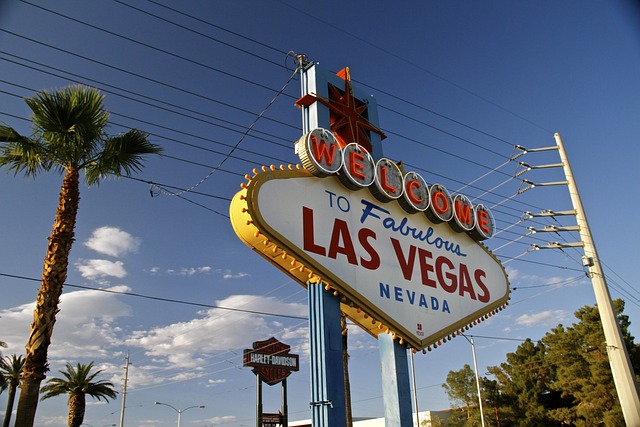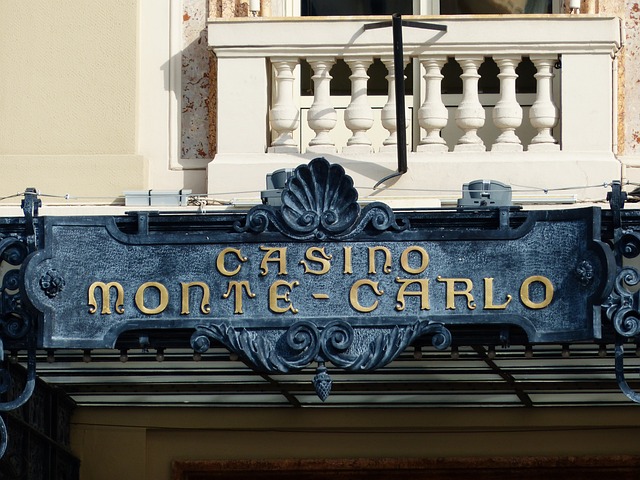The Global Spread of Casinos: From Europe to Asia and Beyond

The casino industry is developing rapidly all over the world. It adapts to different cultural norms and regulations. The casino industry has even penetrated online. And the last decade has not stopped gaining popularity. Online casinos such as HellSpin casino can offer the best gaming experience in a comfortable stay at home.
But this article examines how different regions have perceived and influenced local gambling. From the luxurious casinos in Monaco to the lively gambling halls in Macau, they have their own unique experience.
Europe: The Birthplace of Modern Gambling
The journey of modern casinos began in Europe, where gambling has a long and storied history. Italy is often credited with developing the first gambling houses in the 17th century, which later spread to other parts of Europe. The continent is home to some of the world’s oldest and most prestigious casinos, including the Casino di Venezia in Italy and the glamorous Casino de Monte-Carlo in Monaco. These establishments not only cater to the elite but also set the standards for casino operations worldwide.
The United States: The Rise of Las Vegas

While Europe provided the roots, the United States, particularly Las Vegas, transformed the casino into an emblem of entertainment. What began in the dusty deserts of Nevada has grown into a global phenomenon. Las Vegas is now synonymous with dazzling neon lights, grandiose hotels, and casinos that operate around the clock. The city’s success has inspired similar models in other states and paved the way for the commercial casino industry in America.
Asia: Macau and Beyond
Asia has seen the most dramatic transformation in its gambling landscape. Macau, often referred to as the “Las Vegas of Asia,” has surpassed Las Vegas in terms of annual gambling revenue. The unique combination of Portuguese and Chinese cultures provides an unforgettable gambling experience. Which attracts millions of visitors every year. Moreover, countries such as Singapore and the Philippines are also developing the casino industry. And they pay special attention to tourism and entertainment to stimulate their economy.
Adapting to Local Cultures
As casinos spread to different parts of the world, they adapt to local preferences and laws. In many Asian countries, traditional games like Sic Bo and Pai Gow are prominent in casinos, catering to local tastes. In contrast, European casinos maintain a focus on games with a long heritage, such as roulette and baccarat. This cultural adaptation ensures that casinos can attract and retain a diverse clientele by offering a familiar yet exciting gambling experience.
Regulatory Landscapes
Local regulations greatly influence the spread of casinos worldwide. Each country has its own rules that govern gambling. These rules affect the types of games allowed and the efforts to promote responsible gambling. For example, many European countries strictly regulate gambling ads and where casinos can be located. Meanwhile, some U.S. states only allow casinos operated by Native American tribes.
The Impact on Local Economies

Casinos can greatly boost local economies by creating jobs, attracting tourists, and increasing tax revenue. Yet, it’s important to balance these economic benefits with social welfare. Initiatives for responsible gambling are essential. They help prevent gambling addiction and ensure that casinos have a positive effect on society.
Conclusion: A World of Gambling Diversity
The global expansion of casinos shows an interesting mix of old traditions and new innovations. As the industry grows, it adapts to new markets and technologies. In the future, gambling will likely include more online and virtual reality experiences, creating new opportunities for growth. Yet, the main attraction of casinos remains the same: they offer a thrilling and luxurious getaway. This constant appeal shows that the draw of gambling is truly a worldwide phenomenon.